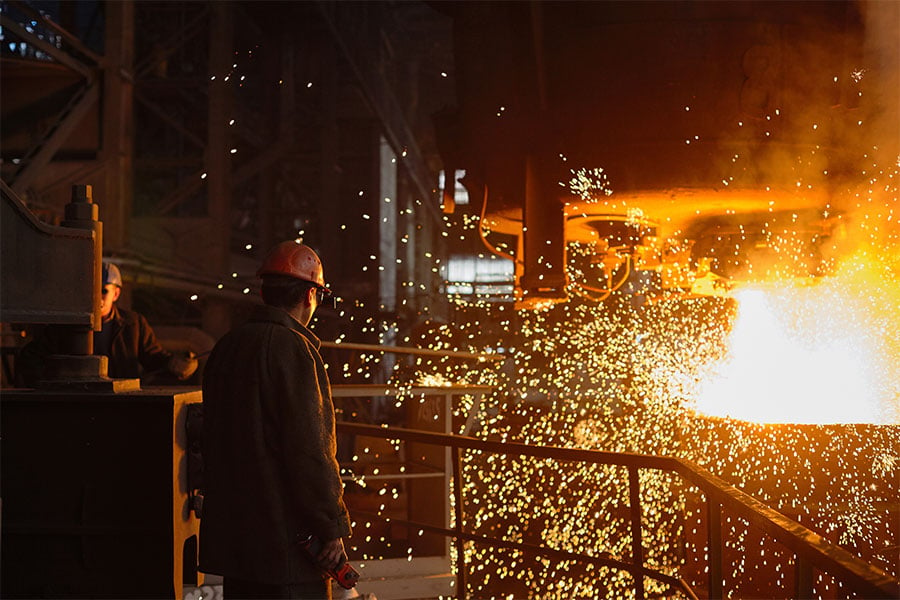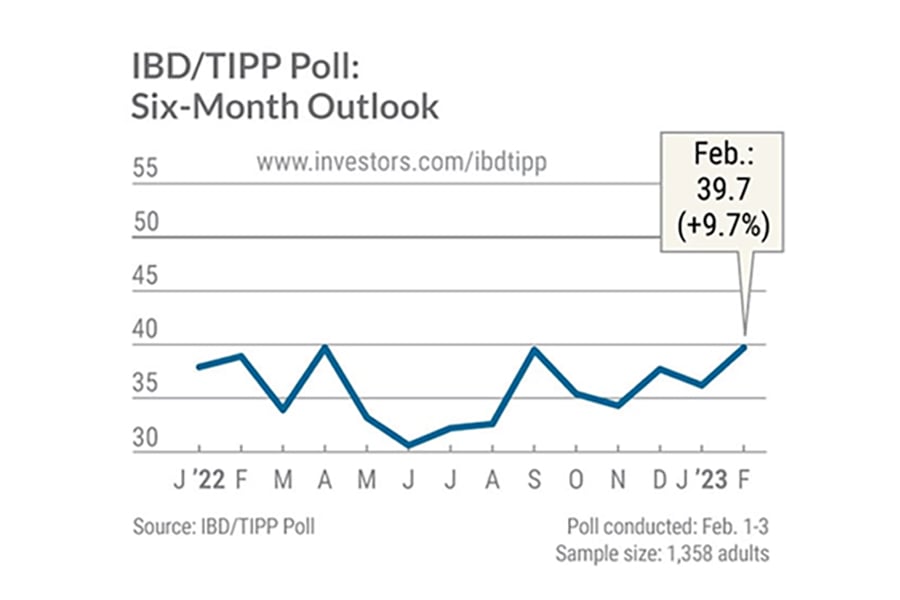
During the recent materials recycling conference organised by MRAI, the Materials Recycling Association of Indian, held in Kochi, India, the mood of the local and international participants was particularly optimistic. The reason for their optimism is that the outlook for the global steel scrap market continues to benefit from favourable conditions.
The average growth of world economies, although lower than in previous years, is now, on average, predicted to be positive and therefore to have a positive impact on demand for steel scrap. A growing global economy will increase the demand for consumer goods and infrastructure projects, increasing the need for steel production and, thus, the demand for steel scrap.
Standard indicators on economic trends (such as IBD/TIPP) show consumer optimism, with confidence in the economy increasing by close to +10%. In the specific sector of the scrap market, LME (London Metal Exchange) indices for aluminium and steel scrap clearly show an upward trend with strong support for LME prices.
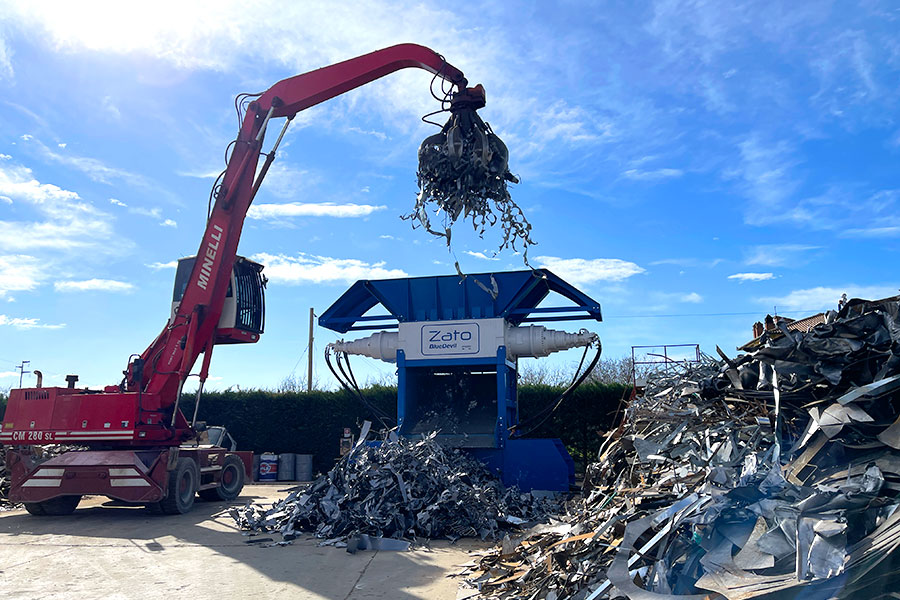
Technological innovation and environmental impact drive demand for scrap
The steel industry is constantly evolving, and the adoption of new technologies, mainly aimed at reducing CO2 emissions in steel production, is likely to have an impact on the demand for increasingly dense and contaminant-free scrap. Governments around the world are increasingly concerned about the environmental impact of steel production. Scrap steel is considered a more environmentally friendly alternative to virgin steel, as it requires less energy to be remelted and has lower emissions. The steel industry will therefore gradually shift towards electric arc furnaces and induction furnaces, which use steel scrap as opposed to virgin iron ore as the main raw ingredient. Moreover, concern about the environmental impact of the steel industry is growing. This will put a spotlight on the green credentials of steel producers and highlight the benefits of recycling scrap metal to produce new steel which in turn will lead to an increased demand for scrap metals of all kinds.
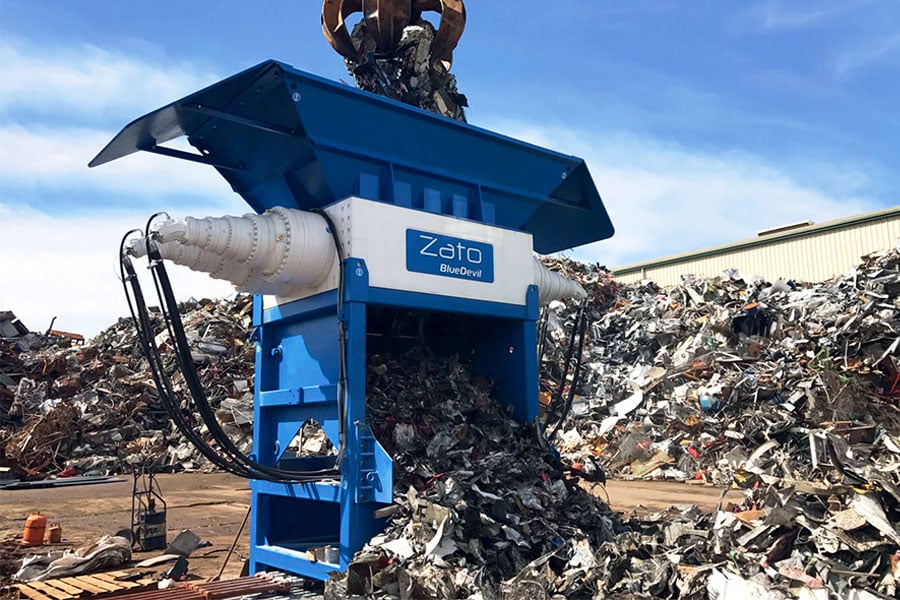 Zato supports the Green Steel Revolution
Zato supports the Green Steel Revolution
Indicators point to a global increase in the demand for steel and in particular, green steel. This growth spurt will stimulate demands from steel mills for clean dense scrap metal and a sustainable way to turn it in to new steel. Scrap metal processing facilities which invest in plants and machinery which can produce the scrap required by EAF (Electronic Arc Furnaces) will enjoy increased profitability of their business.
Zato, a leading producer of sustainable metal processing equipment, presented its latest technological developments in steel scrap processing technology at the MRAI conference. The increased efficiency and lower operating costs of Zato shredders and scrap processing equipment makes the investment proposition more attractive for the metal recycling industry as investing in Zato technology will improve the overall efficiency and profitability of their business.
Zato, a world leader in metal shredders and scrap processing technology wholeheartedly supports the Green Steel Revolution!
